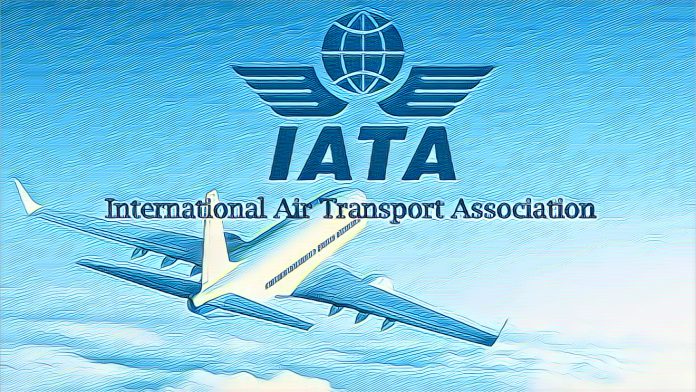The global aviation industry is expected to generate a record revenue of $964 billion in 2024, according to the International Air Transport Association (IATA). However, Nigerian and other African airlines are projected to record losses of $400 million, despite a slight improvement from the previous year.
The IATA, which represents about 290 airlines worldwide, forecasts a global net profit of $25.7 billion in 2024, with a 2.7 percent margin. This is a modest increase from the estimated $23.3 billion net profit in 2023, which marks the end of three consecutive years of losses due to the COVID-19 pandemic and its impact on travel demand.
The IATA attributes the recovery to the easing of travel restrictions, the rapid rollout of vaccines, and the pent-up demand for air travel. It is estimated that around 4.7 billion people will travel by air in 2024, surpassing the pre-pandemic level of 4.5 billion in 2019.
However, the recovery is not uniform across regions, as some markets face more challenges than others. The IATA predicts that African airlines will continue to suffer losses in 2024, albeit at a lower rate than in 2023. The region’s passenger numbers are expected to reach only 76 percent of the 2019 level in 2022 and surpass it by 2025.
The IATA cites several factors that hinder the growth of African aviation, such as weak infrastructure, high taxes and charges, low connectivity, and political instability. It also notes that African airlines have received the least amount of government support during the crisis, compared to other regions.
The IATA urges African governments to implement policies that will enable the aviation sector to thrive and contribute to the continent’s economic and social development. It recommends enhancing safety and security, reducing costs and taxes, improving infrastructure and connectivity, and harmonizing regulations and standards.
The IATA also calls for more collaboration and cooperation among African airlines, as well as with other stakeholders, such as airports, air navigation service providers, and regulators. It says that by working together, the industry can overcome the challenges and seize the opportunities that lie ahead.
The IATA’s director-general, Willie Walsh, said that the global aviation industry has shown remarkable resilience and recovery, but there is still room for improvement. He said that the industry needs to focus on sustainability, innovation, and customer satisfaction, as well as addressing the environmental and social impacts of aviation.
He said: “Aviation is a key driver of growth, jobs, and prosperity, providing employment, social benefits, and economic development to communities worldwide. This sector remains a steadfast force in global economic recovery, bridging connections among people, cultures, and economies.”
Source: Business Day



